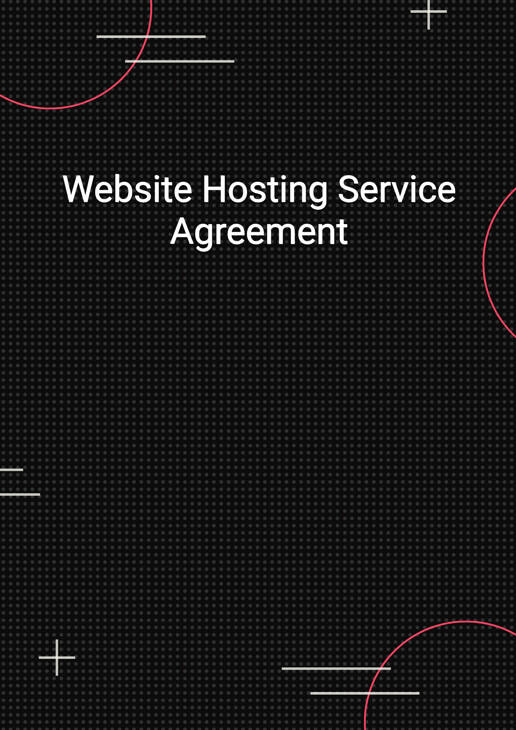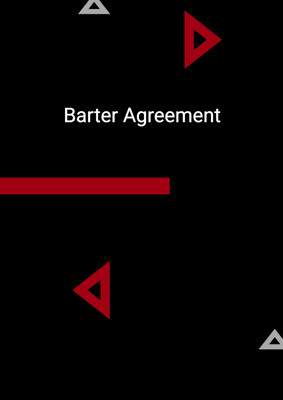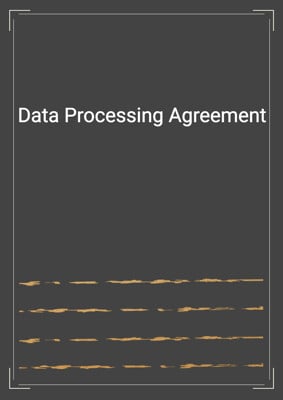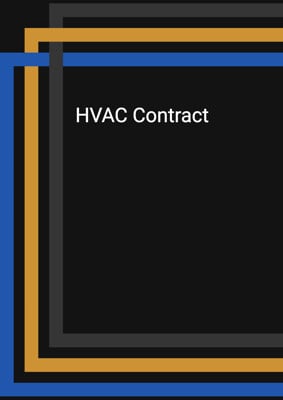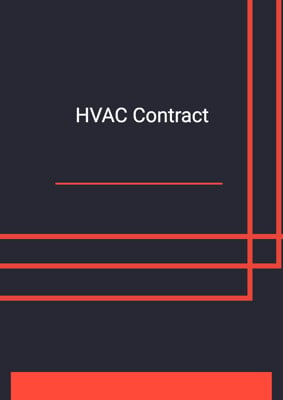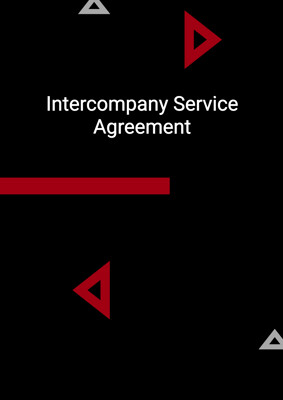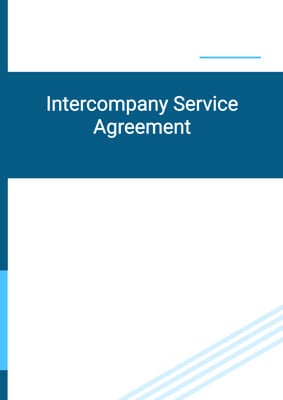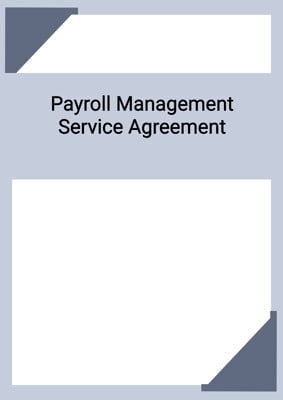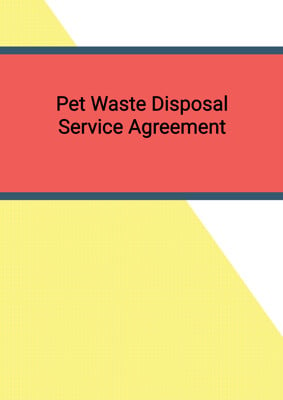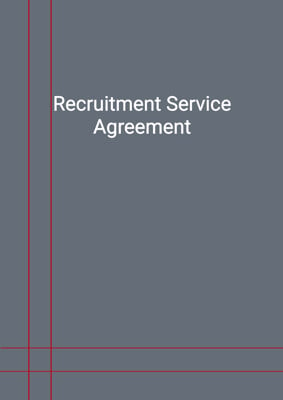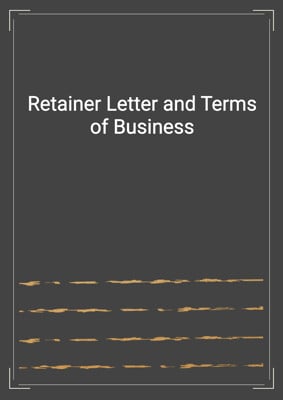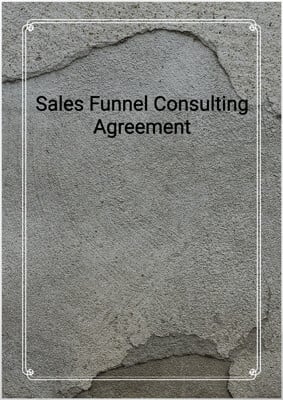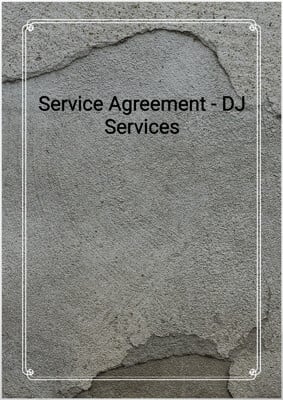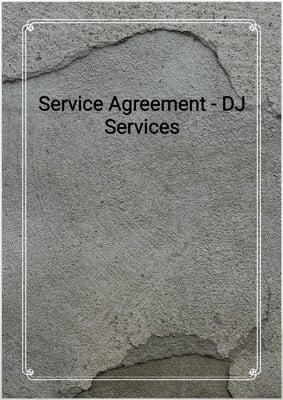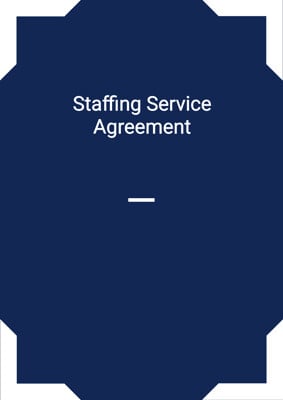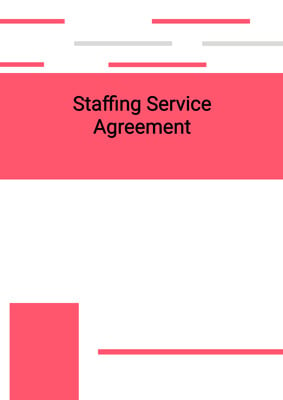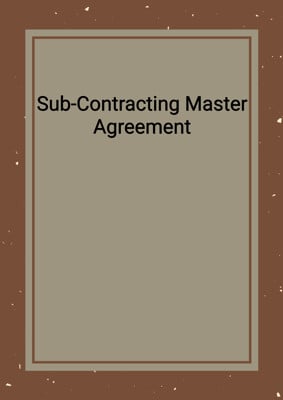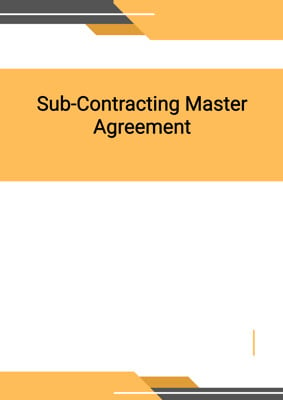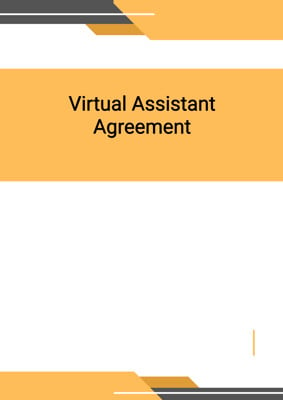How to Tailor the Document for Your Need?
01
Create Document
Fill in the details of the parties. You can click the "Fill with Member’s Information" button to complete it with information saved to your account.
02
Fill Information
Please fill in any additional information by following the step-by-step guide on the left hand side of the preview document and click the "Next" button.
03
Get Document
When you are done, click the "Get Document" button and you can download the document in Word or PDF format.
04
Review Document
Please get all parties to review the document carefully and make any final modifications to ensure that the details are correct before signing the document.
Document Preview
Document Description
The Website Hosting Service Agreement is a legal document that outlines the terms and conditions between the company providing website hosting services and the client who hires them. The agreement begins with an interpretation section, defining key terms such as agreement, client data, services, and system. It also includes general provisions such as the interpretation of gender and headings.
The company's obligations are detailed in section 2, which states that the company will provide the services to the client in a professional and diligent manner. The company agrees to comply with all applicable laws and regulations and follow any instructions or variations issued by the client. It is also mentioned that any services outside the scope of the agreement will require a separate agreement.
Section 2a outlines the client's obligations, including providing necessary cooperation, software, and hardware for accessing the system. The client is prohibited from compromising the security of the system or distributing tools designed for compromising security. The client is responsible for creating and managing the content of their website.
Section 3 focuses on the completion of the work. It emphasizes that time is of the essence, and the services should be completed by the agreed completion date. If the services are not completed on time, the client may be entitled to liquidated damages.
Section 4 covers the service fees. The client agrees to pay the company a service fee according to the agreed schedule. The company will invoice the client, and payment will be due within a specified timeframe. The company may also incur expenses, which will be itemized in the invoice.
Section 5 addresses warranties, liabilities, and indemnities. The company agrees to promptly notify the client of any delays or problems in providing the services. The company is liable for personal injury or death arising from the services and must maintain appropriate insurance. The client agrees not to post any infringing, defamatory, or obscene content on the website.
Section 6 discusses the term and termination of the agreement. The agreement may have a specified duration or continue indefinitely until the completion of the services. Either party may terminate the agreement under certain circumstances, and termination will result in the return of properties and a fair compensation for completed services.
Sections 7 and 8 cover ownership of materials and confidential information. The website remains the property of the client, and the company is not allowed to share or disclose confidential information without written permission. Upon termination, the company must return all confidential information to the client.
Section 9 addresses announcements and publicity, stating that no announcement or disclosure can be made without the approval of all parties involved.
Section 10 states that any variation of the agreement must be in writing and signed by the parties. It also clarifies that variations do not constitute a waiver of any provisions.
Section 11 prohibits the company from assigning the agreement or sub-contracting without the client's consent.
Section 12 covers severability, stating that if any provision is deemed illegal or unenforceable, it will be removed without affecting the remaining provisions. The parties will negotiate a valid substitute provision if necessary.
Section 13 requires the parties to perform further acts and execute documents as necessary to implement the agreement.
Section 14 includes a warranty of capacity and power, stating that each party has the authority and capacity to enter into and carry out their obligations.
Section 15 addresses force majeure, stating that none of the parties will be liable for failure or delay in performing their obligations due to causes outside their control.
Section 16 clarifies that the agreement does not confer any rights to third parties.
Section 17 discusses arbitration and proper law, stating that the parties will make reasonable efforts to resolve disputes amicably.
Section 18 covers notices and service, specifying the methods and timing of delivering notices between the parties.
Section 19 allows the agreement to be executed in multiple counterparts, with each counterpart considered an original document.
How to use this document?
To use the Website Hosting Service Agreement, follow these steps:
1. Interpretation: Familiarize yourself with the definitions and general provisions outlined in section 1 of the agreement.
2. Company's obligations: Ensure that the company will provide the services in a professional and diligent manner, complying with all applicable laws and regulations. Confirm that any instructions or variations issued by the client will be followed.
3. Client's obligations: Understand the client's responsibilities, including providing necessary cooperation, software, and hardware. Ensure that the client does not compromise the security of the system or distribute unauthorized content.
4. Completion of the work: Pay attention to the agreed completion date and make sure the services are completed on time. If there are any delays, consider the potential liquidated damages.
5. Service fees: Review the agreed schedule for service fees and understand the invoicing and payment process. Take note of any additional expenses that may be incurred.
6. Warranties, liabilities, and indemnities: Be aware of the company's obligations regarding prompt notification of delays or problems. Understand the company's liability for personal injury or death and the requirement to maintain appropriate insurance. Ensure that the client does not post any prohibited content on the website.
7. Term and termination: Determine the duration of the agreement and the conditions for termination. Understand the consequences of termination, including the return of properties and compensation for completed services.
8. Ownership of materials: Confirm that the website remains the property of the client and that the company cannot use the client's intellectual property without written consent.
9. Confidential information: Understand the obligations regarding the handling of confidential information and the return of such information upon termination.
10. Announcements/publicity: Obtain written approval before making any announcements or disclosures related to the agreement.
11. Amendment: Any changes to the agreement must be in writing and signed by all parties.
12. Assignment: The company cannot assign the agreement or sub-contract without the client's consent.
13. Severability: If any provision is deemed illegal or unenforceable, it will be removed without affecting the remaining provisions. Negotiate a valid substitute provision if necessary.
14. Further assurance: Perform any additional acts or execute documents as required to implement the agreement.
15. Warranty of capacity and power: Ensure that each party has the authority and capacity to enter into and carry out their obligations.
16. Force majeure: Understand that none of the parties will be liable for failure or delay in performing their obligations due to causes outside their control.
17. No rights under contracts for third parties: Note that third parties do not have the right to enforce any terms of the agreement.
18. Arbitration and proper law: Make reasonable efforts to resolve disputes amicably and in good faith.
19. Notices and service: Follow the specified methods and timing for delivering notices between the parties.
20. Counterparts: Understand that the agreement may be executed in multiple counterparts, with each counterpart considered an original document.
Not the right document?
Don’t worry, we have thousands of documents for you to choose from:
